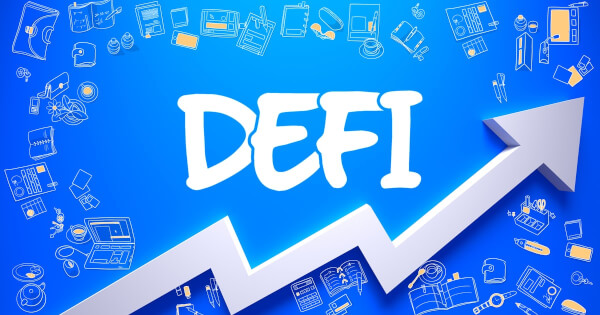
It has been a while since I sat back to think about the future bank. I talk about the future bank all the time, but the overall view of a bank in its totality. What will it look like in 2030 and beyond?
I think it will still have branches. Not many, but there is a need for a physical presence. Maybe one branch in each regional hub. The branch will be a hi-tech hotbed, with great smelling coffee and humans available on demand.
Most of the branch traffic will be small to medium sized businesses (SMEs), as most people will deal with the bank through their devices. Their devices are not mobile telephones or notepads, although it does include those, but also their television, refrigerator, car and spectacles or whatever else is attached to the internet.
None of that thinking is particularly new. We were saying this twenty-five years ago.
What is new is that the bank won’t be dealing with money anymore.
Money, at least money in its current form, will have disappeared. It will have been replaced with data. Again, I’ve said this for a while, but if money completely disappears and is replaced with digital central bank currencies, then the world is moving to a different place for definite.
This was brought home to me when discussing blockchain the other day and Efi Pylarinou noted that Tether does more daily value exchange than bitcoin or PayPal:
Tether is now doing $3.55 billion in daily transfer value: https://t.co/CpW34wL3jA via @coinmetrics
Not bad. In Q2 2020, @PayPal did just $2.94 billion per day: https://t.co/kD3Bt9BEYF pic.twitter.com/uxaagM9pXU
— John Paul Koning (@jp_koning) August 25, 2020
Equally, I’ve been watching the crypto space for so long now that some things maybe miss my radar because I’ve become immune to the noise. For example, as I look through the names of the largest crypto companies, I’m amazed by how many of these firms are now proper brands. They exist as exchanges and organisations encouraging decentralised everything, especially finance. Decentralised finance, more commonly known as DeFi, is a fast-growing sector of the cryptocurrency world. What is DeFi? There are probably many definitions out there, but this one will do for now: “a global, open alternative to every financial service you use today — savings, loans, trading, insurance and more — accessible to anyone in the world with a smartphone and internet connection.”
Sounds great … but …
… for every development in the world of cryptocurrencies and decentralisation, a government squirms and squeals. Regulators jumped on bitcoin, ICOs and anything else that looked like it might help the underworld and launderers, and now they’re doing the same with DeFi.
According to data provider DeFi Pulse, the dollar value of crypto collateral locked across DeFi platforms has increased over 1200% to reach $9 billion since the start of 2020 and, because it operates largely beyond the realms of government and regulatory control, has now raised concerns about illegal access to financial services.
A joint research paper by consulting firm BCG and Crypto.com underscores this:
Since DeFi protocols have been designed to be permissionless, anyone in any country can theoretically access them without regulatory compliance. Whilst this democratises DeFi for the greater good, regulators are concerned it will become a haven for individuals who seek to illegally obtain access to financial services.
Add on to this that it can also be a wild west for security:
DeFi replaces custodial risk with smart contract risk, which has allowed attackers to steal funds escrowed in smart contracts. The most prominent attacks involve the exploitation of bugs in code and the manipulation of external price feeds for assets within protocols (otherwise known as price oracles). This occurred twice in February 20206 on the DeFi lending platform bZx.
And you have the same issues as bitcoin, ICOs and digital currencies in general that are unregulated: they cannot be trusted. Sure, people say trust the technology but, when it comes to money, I don’t.
In fact, what is far more interesting is the development of CBDCs for that reason. More on this tomorrow ...
Chris M Skinner
Chris Skinner is best known as an independent commentator on the financial markets through his blog, TheFinanser.com, as author of the bestselling book Digital Bank, and Chair of the European networking forum the Financial Services Club. He has been voted one of the most influential people in banking by The Financial Brand (as well as one of the best blogs), a FinTech Titan (Next Bank), one of the Fintech Leaders you need to follow (City AM, Deluxe and Jax Finance), as well as one of the Top 40 most influential people in financial technology by the Wall Street Journal's Financial News. To learn more click here...

